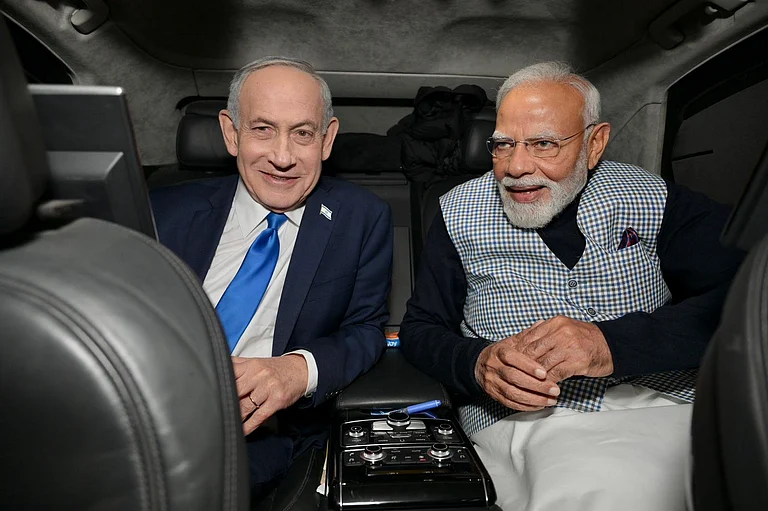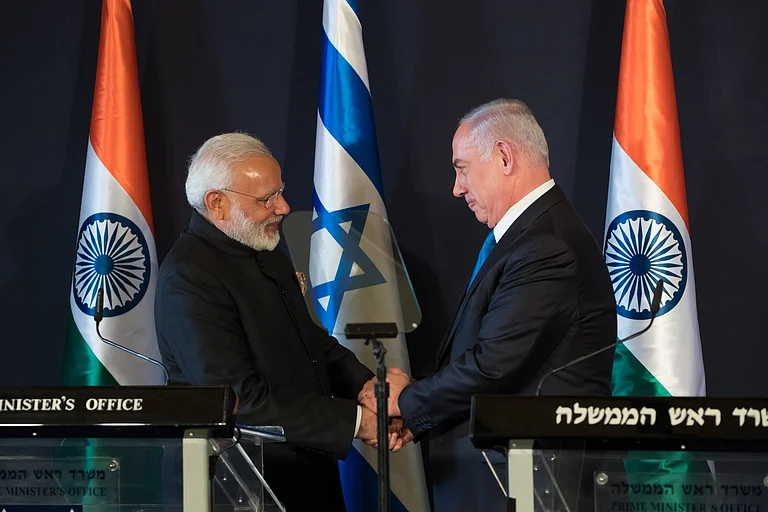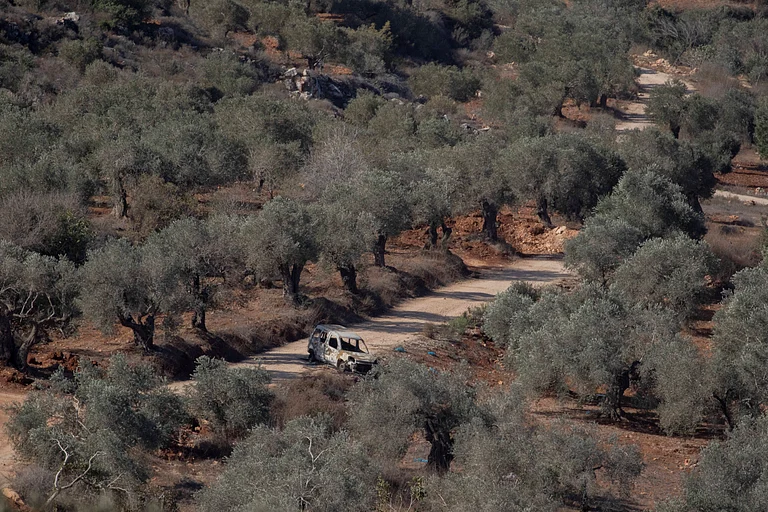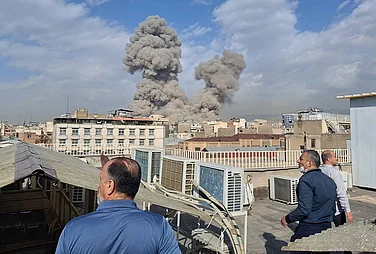
- Before the meet, Rubio said: "Obviously we’re not happy about it"
- Discussions are also expected to cover Israel’s military operations in Gaza, including plans to seize Gaza City.
- Israel approved the controversial E1 settlement project east of Jerusalem, a move that would effectively split the West Bank in two.
US Secretary of State Marco Rubio met Israeli Prime Minister Benjamin Netanyahu in Jerusalem on Monday, with the fallout from Israel’s recent strike in Qatar expected to top the agenda.
The strike, which targeted senior Hamas leaders on the territory of a key US ally, has drawn sharp international criticism and condemnation from President Donald Trump. “Obviously we’re not happy about it. The president was not happy about it. Now we need to move forward and figure out what comes next,” Rubio said before the talks.
The meeting coincides with an Arab League summit where leaders have expressed solidarity with Qatar. Doha’s prime minister urged the international community to end what he called “double standards” and to hold Israel accountable. Qatar, which hosts a major US airbase, has been a key mediator in indirect negotiations between Hamas and Israel aimed at ending the war in Gaza.
During a visit to the Western Wall with Rubio and US Ambassador Mike Huckabee, Netanyahu described US-Israel relations as “as durable as the stones in the Western Wall.” The two men declined to answer questions about the strike in Qatar.
Discussions are also expected to cover Israel’s military operations in Gaza, including plans to seize Gaza City, and the government’s continued settlement expansion in the occupied West Bank.
Over the weekend, Israeli forces pressed ahead with the demolition of residential buildings in Gaza City and are reportedly preparing for ground operations in its western neighborhoods. The Israel Defense Forces (IDF) have urged residents to evacuate south, estimating that 250,000 people have already fled. Many remain, citing fears of continued airstrikes in the south and the lack of shelter.
The talks come ahead of next week’s UN General Assembly session, where several key US allies — including the UK, France, Canada, Australia and Belgium — are expected to formally recognise the State of Palestine. The prospect of recognition has intensified internal debate in Israel, with hardline members of Netanyahu’s government calling for full annexation of the West Bank to prevent the creation of a Palestinian state.
In late August, Israel approved the controversial E1 settlement project east of Jerusalem, a move that would effectively split the West Bank in two. Netanyahu defended the decision, saying: “We are going to fulfil our promise that there will be no Palestinian state. This place belongs to us.”
Earlier this month, far-right Finance Minister Bezalel Smotrich proposed the annexation of roughly 80% of the West Bank. Israel has built about 160 settlements housing some 700,000 Israelis in the West Bank and East Jerusalem since 1967, where an estimated 3.3 million Palestinians live.


























